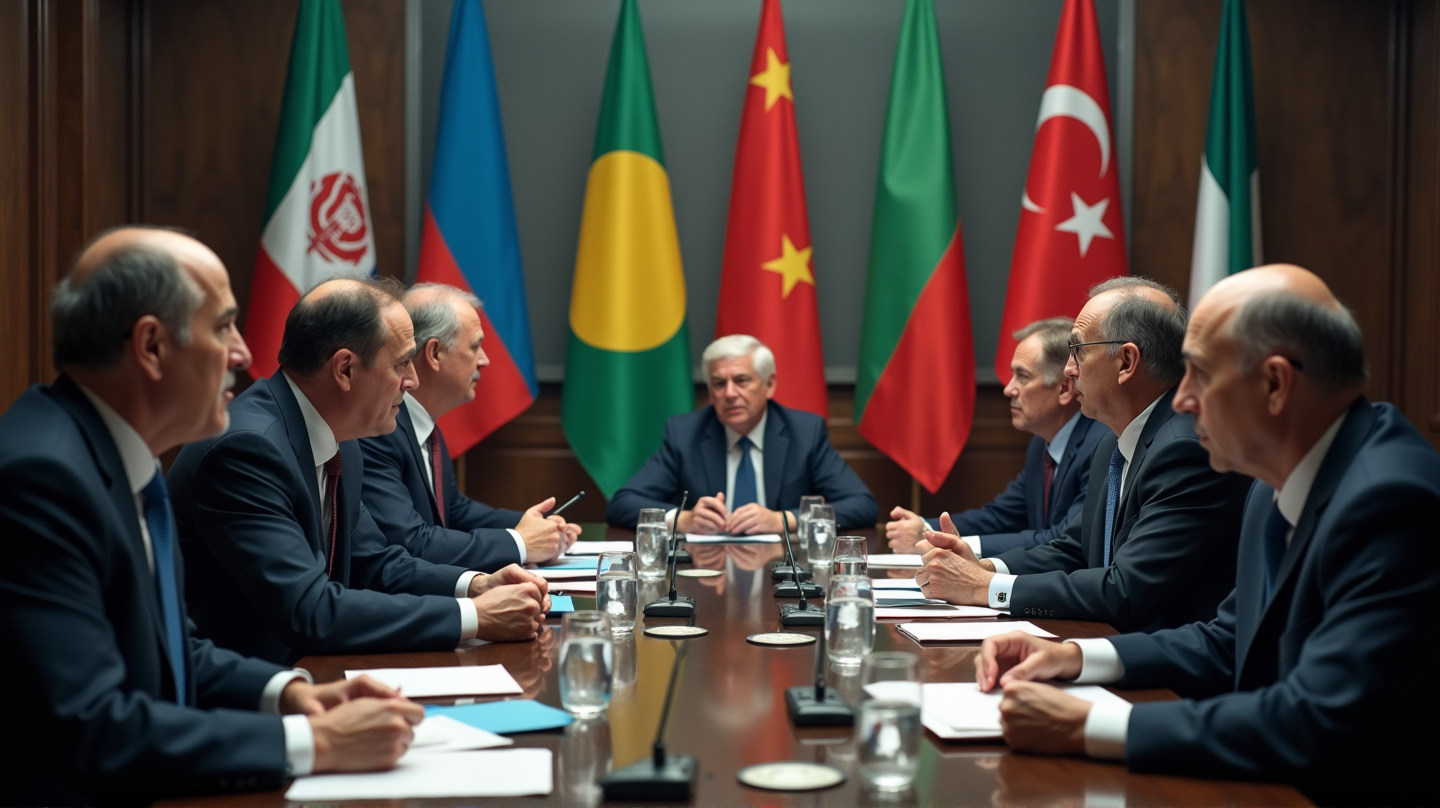Visa Drama: U.S. Blocks Palestinian Delegation's UN Trip
U.S. revokes visas of Palestinian leaders ahead of the UN meeting, sparking international backlash and debate.

In a surprising diplomatic move, the United States has drawn significant international attention by revoking the visas of several Palestinian leaders, including President Mahmoud Abbas. This decision comes on the eve of the United Nations General Assembly meeting scheduled to take place in New York City in late September.
The Revocation Announcement
The news broke on Friday when Secretary of State Marco Rubio announced the decision to deny and revoke nearly 80 visas that had been previously issued to the members of the Palestinian delegation. This action has been met with global reactions, with various stakeholders debating its implications on international diplomatic relations.
Reactions and Implications
The revocation announcement has caused a stir across the international community. Countries that have historically supported Palestinian representation at the UN have voiced concerns over this unexpected move. Some speculate that this could strain U.S.-Middle East relations further, especially given the timing of the decision.
Political Backlash
Opposition voices within the U.S. and abroad have criticized the administration’s stance, suggesting that it might undermine peace efforts in the region. The announcement has reignited debates surrounding U.S. foreign policies and their logistical impact on diplomatic assemblies like the UN.
What’s at Stake at the UN General Assembly?
The UN General Assembly meeting is a crucial platform for countries to engage in dialogue across multiple global issues. With Palestine’s representation curtailed, questions arise about the discussions and resolutions that might be affected by their absence. The meeting, set to begin on September 22, is expected to address key issues including global security and international cooperation.
Future Diplomatic Movements
As international leaders plan their responses, the spotlight remains on how the U.S. will navigate this potential diplomatic rift. With global attention fixed on New York, the upcoming UN meeting may serve as a litmus test for America’s diplomatic strategies moving forward.
This strategic move aligns with recent shifts in international policies and practices, bringing fresh challenges and insights into global diplomacy. According to Global News, the situation underscores a critical moment in diplomatic negotiations on the world stage.





